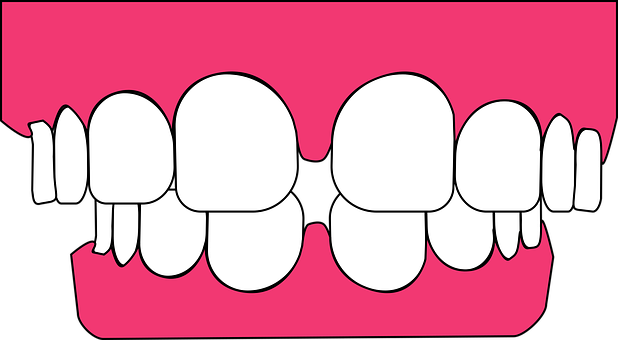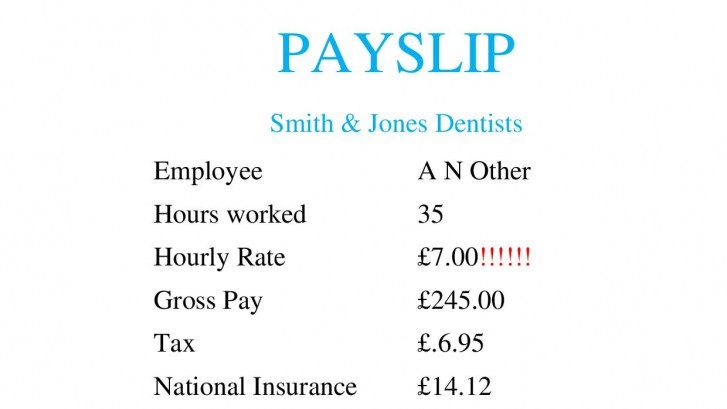Seasonal Best Wishes
Nicola and East Anglia Dental Agency would to wish all our clients and staff
a truly happy festive season and a happy and prosperous New Year.

Nicola and East Anglia Dental Agency would to wish all our clients and staff
a truly happy festive season and a happy and prosperous New Year.

The Mouth Cancer Foundation has joined forces with the British Dental Health Foundation to
make November a month of education on the subject of mouth cancer.
Both charities are calling on all dental and health professionals to be alert to the early
signs and diagnosis of this increasingly common and potentially deadly disease.
Dental nurses clearly have an important part to play in this respect.

The General Dental Council (GDC) has decided that from 10 October, all postal address details will be removed
from the online register of dental professionals.
The main method to identify a registered dental professional will be by means of their registration number
which must be displayed as laid out in the professional standards.
Individuals addresses will now be removed from the online register which will now only
contain the registration status of the dental professional, the registration number and qualifications.
This will bring dental professionals inline with other health service workers.

The GDC has recently issued its guidance on the use of social media by dental professionals.
Social media is now so much part of our everyday lives that it is easy to forget that the posts we make can reach
thousands of people. It is therefore essential that dental professionals use social media in a way that will not
breach professional rules or standards of conduct. Clearly patient confidentiality must be preserved and remarks
about fellow professionals should always be avoided. Any content likely to discredit yourself or the dental professional
should always be avoided. The full guidance is set out on the GDC website and it came into effect on 27 June 2016.

From the 1st August 2016 all GDC registered dental nurses wishing to renew their registration will need to make a declaration that they are covered under an insurance indemnity policy for malpractice. This is the case even they are working under total supervision. Most nurses working full time within a practice will probably be covered under the practice policy. It is still their duty to check that they are covered and ask to see the policy if there is any doubt. Nurses who work freelance or through an agency may need to take out their own policy. We understand that the British Association of Dental Nurses is currently offering this at a very competitive rate which includes membership of the association.

The Faculty of General Dental Practice (UK) recently published its revised “Clinical Examination and Record-Keeping”
Recommendations for patient care are now graded A, B or C.
An A grade recommendation while desirable is not considered essential to good patient care, B is a basic requirement,
while C is conditional upon circumstances.
The new revision also gives greater emphasis on electronic record-keeping to reflect the more widespread use of this in a modern dental practice.
All dental nurses and other professionals should be aware of these guidelines.
The publication will be available at www.fgdpstandards.com.

From this Friday 1 April 2016 the National Living Wage increases to £7.20 per hour. All employees aged 25 or over other than those serving their first year under an apprenticeship scheme will be legally entitled to the minimum rate.
A survey of pay for dental nurses showed that the average pay rate is £8.17 per hour but as this is an average there are still quite a few who will be entitled to receive a pay-rise for their employers to comply with the new rule.

“Sugar tax” is being brought in to tax the producers of soft drinks which contain high sugar levels.In today’s Budget “Sugar tax” is being brought in to tax the producers of soft drinks which contain high sugar levels. This should be welcomed by the dental and medical profession as tooth decay and obesity can often be linked to excessive sugar consumption.
Although exact details are not yet known it is understood that the tax will be highest on those companies who produce the drinks with the highest sugar content to encourage them to use lower levels. The tax will start in 2018.

A new study has shown a strong link between the bacteria that cause gum disease and an increased risk of developing throat cancer.
The findings were recently published in the journal “Infectious Agents and Cancer”. The results of the study add to the known risk factors for such cancers which are chemical exposure, diet, heredity and age.
Dental professionals may wish to bear this in mind when examining patients suffering from advanced gum disease.

Every dental practice needs to continuously review its professional standards and performance in the light of the General Dental Council’s statement “Standards for the Dental Team”.
The only way to ensure that standards are maintained is to undertake regular clinical audits into each area of the practice. The starting point is to establish what “current best practice”
is in each area in which the practice operates. The next step is to design an audit programme to compare the practice’s performance against “current best practice”and to delegate this task
to a member of the dental team who has the necessary skills and experience to carry out the audit tests and to summarise the results. Management should then review the results and decide
on how best to implement the improvements required. Further clinical audits in this area of the practice should then be designed to assess whether the improvements have been successfully
implemented. The process should be ongoing and not a “one off”.